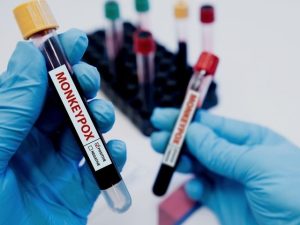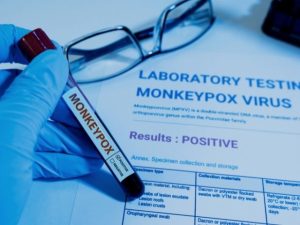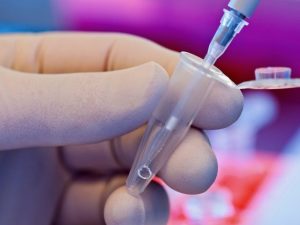Symptoms and Presentation of Monkeypox
Monkeypox is a viral illness. A pox disease with a prolonged incubation period of up to 21 days. As with other pox diseases, characteristics of monkeypox include fever and a unique rash with pox progression.
A fulminant case should be recognizable through its pustules.
Where do we direct our vigilance? To presentations that report the onset of fever and developing rash with small red macules over several days. The maculae develop into translucent thin-walled vesicles, progressing to purulence. If you have experienced or seen chickenpox, the presentation is similar, but with distinguishing characteristics.
Swollen lymph nodes and vesicles in the same stage of expression on a single body location. In contrast to chickenpox, where the vesicles progress in various stages across the trunk, arms, and face.
With monkeypox, you are infectious after the incubation period ends and through scarification. Vesicles and papules contain viral replication and are transmittable to other mammals, including your pets. The danger here lies in the virus leaving your household and ending up amongst the wild population of other mammals.










